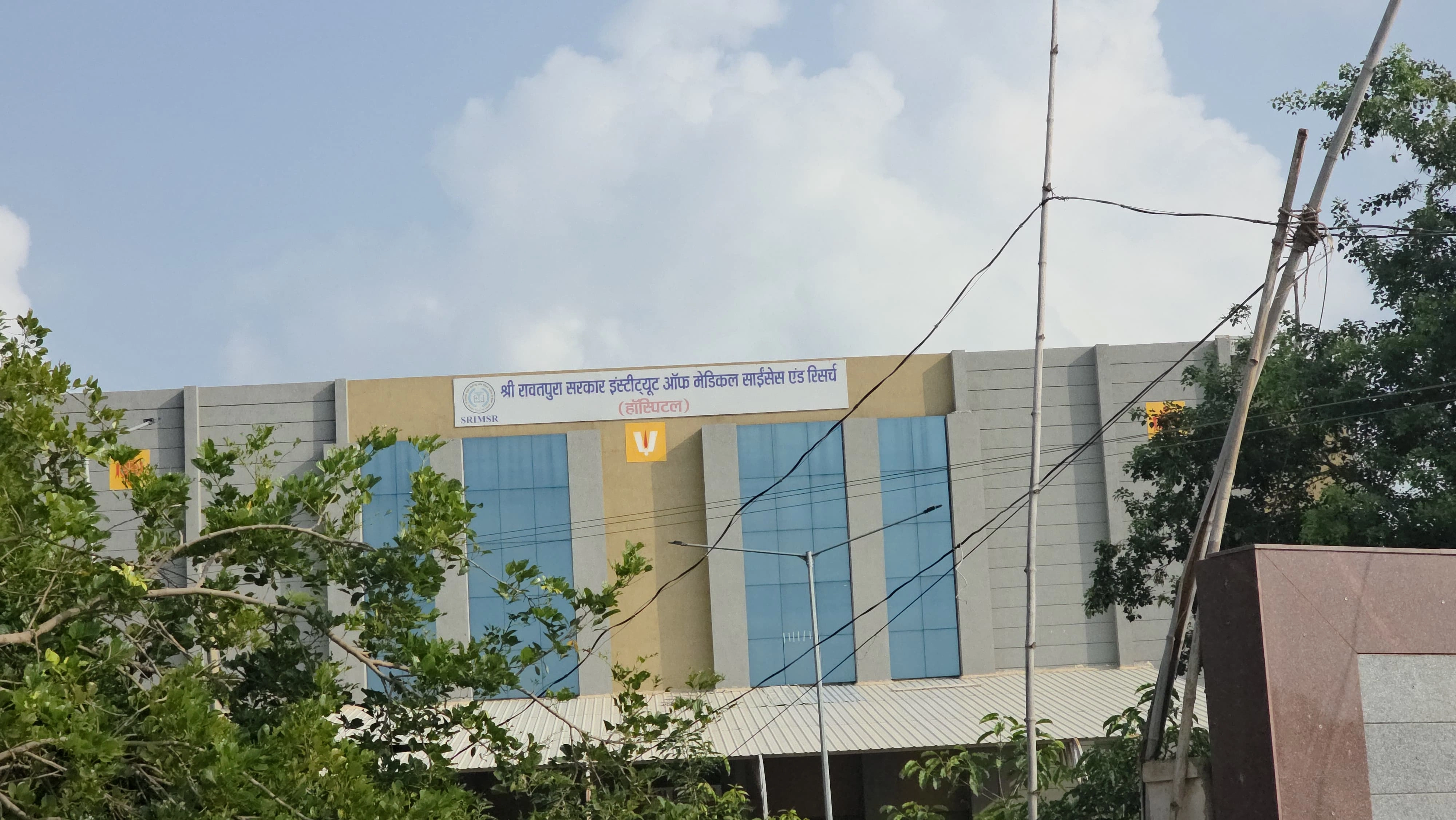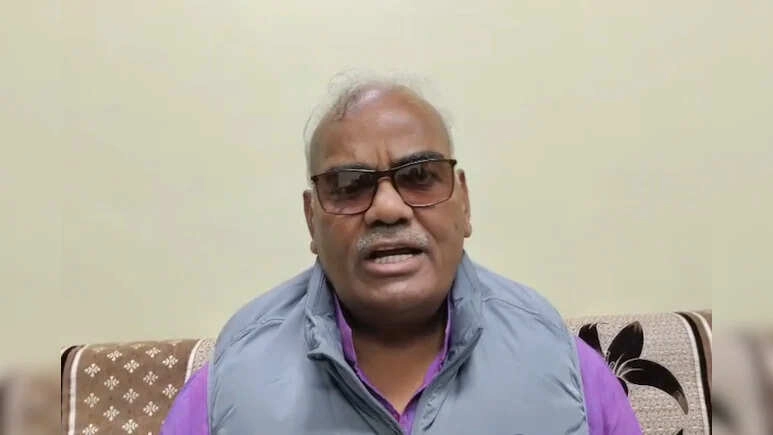In a significant political development in Maharashtra, the Thackeray cousins have hinted at a possible reunion, signaling a potential shift in the state’s political landscape. Uddhav Thackeray, the leader of the Shiv Sena (UBT), and his cousin, Raj Thackeray, the head of the Maharashtra Navnirman Sena (MNS), have been at odds for years, with their respective factions often competing for the same voter base. However, recent statements from both leaders have sparked speculation about a reconciliation that could unite their parties and strengthen their position in Maharashtra’s politics.
The backdrop of this potential reunion is marked by a growing sense of urgency among regional parties to consolidate their forces in the face of a dominant Bharatiya Janata Party (BJP) presence in the state. The Thackeray cousins, both prominent figures in Maharashtra’s political history, recognize that their collaboration could lead to a formidable alliance capable of challenging the BJP’s influence. Their shared legacy and familial ties could serve as a foundation for a new political strategy aimed at addressing the concerns of their constituents and promoting regional interests.
While the details of any formal alliance remain unclear, the mere suggestion of a Thackeray reunion has energized party workers and supporters alike. Many are hopeful that a united front could revitalize the political landscape, fostering a sense of unity among the Marathi-speaking population. This development also underscores the importance of coalition politics in Maharashtra, where diverse regional parties have historically played a critical role in shaping governance and policy. As the political climate continues to evolve, the Thackeray cousins’ actions in the coming weeks and months will be closely watched, as they could determine the future trajectory of Maharashtra’s political scene.
In light of these developments, it is essential to consider the implications of such a reunion on the broader political fabric of Maharashtra. The Thackerays’ ability to set aside their differences and collaborate could inspire other regional parties to engage in similar reconciliations, leading to a more cohesive opposition against the BJP’s dominance. Ultimately, the potential for a “Maharashtra Above All” ethos could emerge, emphasizing the importance of regional identity and unity in addressing the challenges facing the state. As the political landscape shifts, the Thackeray cousins’ next steps will undoubtedly be pivotal in shaping the future of Maharashtra’s governance and its electoral outcomes.




